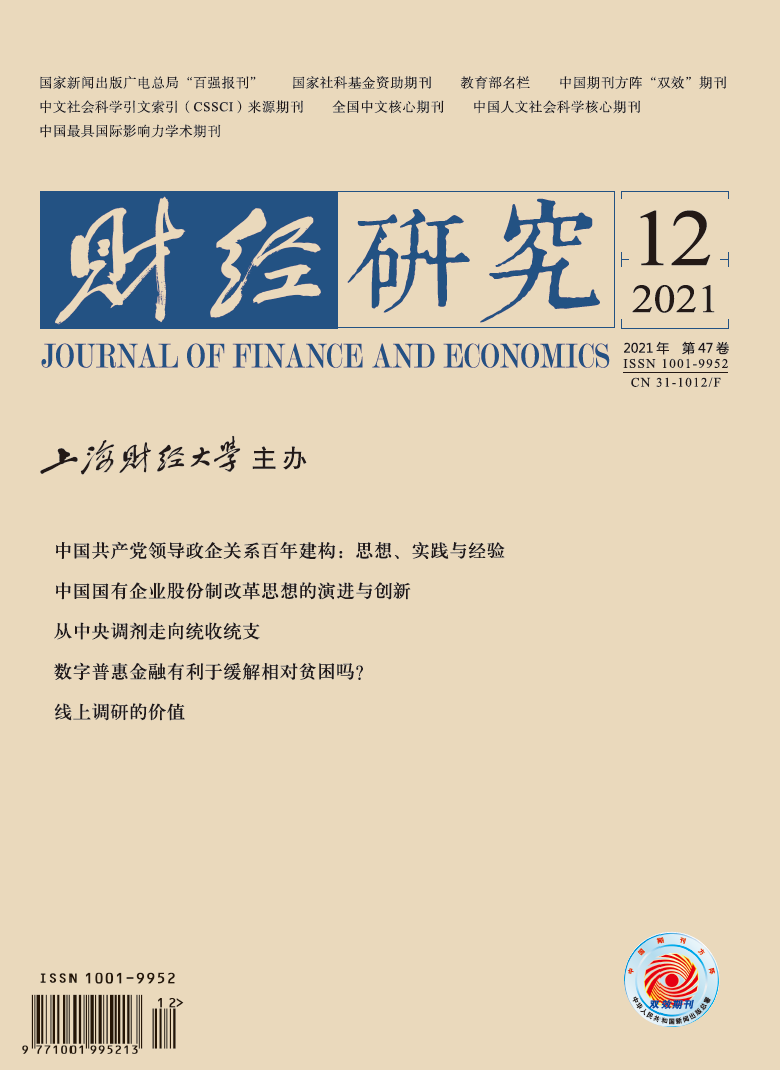Since the new medical and health reform, China has issued a series of policies and measures. Among them, the “Zero Markup Drug” policy is an important policy node for further promoting and deepening the medical and health reform in the new era. Based on the treatment service and financial statistical data of medical institutions in a province of central China from 2013 to 2019, the policy effect and mechanism of the reform are investigated using the DID method. This paper further studies the impact of “Zero Markup Drug” policy on different groups by combining the individual data of inpatients in a first-class pilot public hospital from 2014 to 2018. The results are as follows: Firstly, the implementation of “Zero Markup Drug” policy can significantly reduce the drug proportion in pilot public hospitals, and this effect is more significant in general hospitals. Secondly, from the perspective of patients, self-payment cost and single medical expenditures of patients have decreased significantly with the implementation of the policy. The profit-pursuing motive of pilot hospitals has been somewhat stemmed, but the cost of materials has shown a rising trend. Thirdly, the increase of direct government subsidies, financial investment and credit support, and the decline of drug purchase costs are the important reasons for the smooth implementation of “Zero Markup Drug” policy. Fourthly, combined with individual medical record data of inpatients, the extended study results once again confirm that the “Zero Markup Drug” policy can indeed alleviate the burden of patients, especially the problem of poverty caused by disease. The multi-level tests also confirm the robustness and reliability of the conclusion. This paper tries to make some contributions in the following aspects: Firstly, it studies the changes of the medical burden of patients from the perspective of “Zero Markup Drug” policy for the first time. Secondly, the micro data based on the hospital level cover a wide range and long periods, which can reflect the heterogeneity characteristics in detail. Lastly, it can provide comprehensive and detailed sufficient evidence from hospitals to individual patients based on the micro hospital service and financial data, combined with the micro individual records of inpatients, which offers a new perspective for the study of “Zero Markup Drug” policy. The policy implication indicates that: In order to consolidate the achievements and sustainability of “Zero Markup Drug” policy, and provide reference for further deepening the medical and health reform, the government subsidy and investment policy of public hospitals should be improved, the performance appraisal mechanism should be strengthened, and the income supervision mechanism should be improved.
 / Journals / Journal of Finance and Economics
/ Journals / Journal of Finance and EconomicsJournal of Finance and Economics
LiuYuanchun, Editor-in-Chief
ZhengChunrong, Vice Executive Editor-in-Chief
YaoLan BaoXiaohua HuangJun, Vice Editor-in-Chief
Can the “Zero Markup Drug” Policy Alleviate the Burden of Patients? Based on the Effect Evaluation of a Pilot Public Hospital in a Province of Central China
Journal of Finance and Economics Vol. 47, Issue 12, pp. 49 - 63 (2021) DOI:10.16538/j.cnki.jfe.20210917.301
Summary
References
Summary
Cite this article
Li Jing, Yu Yanjun, Peng Fei, et al. Can the “Zero Markup Drug” Policy Alleviate the Burden of Patients? Based on the Effect Evaluation of a Pilot Public Hospital in a Province of Central China[J]. Journal of Finance and Economics, 2021, 47(12): 49-63.
Export Citations as:
For
ISSUE COVER
RELATED ARTICLES




 6287
6287  10142
10142

